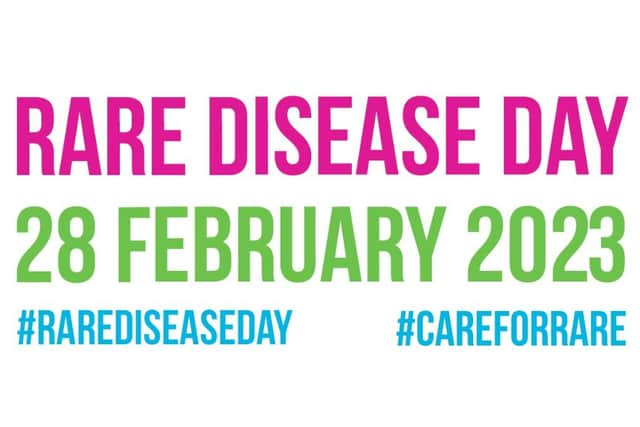SHARON HODGSON MP: Rare Disease Day provided opportunity to shine light on lesser known conditions that need for highly specialised treatments


I fully support the Wellcome Centre and others; campaigning tirelessly in the North East and across the country to improve the diagnosis, treatments and research into mitochondrial conditions.
Their latest campaign, project pearl is hoping to secure further vital funding for MITO research.
Advertisement
Hide AdAdvertisement
Hide AdUnfortunately, of the 1000+ variants of mitochondrial conditions that we believe to exist, just 350 have so far been identified.
Furthermore, there are no conclusive treatments. However, many therapies are already in practice and there is hope that future research will prevail.
I was shocked to discover that, while cases involving individual conditions are rare, combining the 1,000 different variants would make it one of the most common genetic diseases, with roughly 1 in 200 people carrying a faulty mitochondrial gene. These faults can result in many recognisable disabilities such as deafness, diabetes, epilepsy and stroke-like symptoms.
The consequences of MITO are all too real for many, but this has yet to be reflected in policy making.
Advertisement
Hide AdAdvertisement
Hide AdI believe that any attempt by the Government to rebuild our health services should embrace the fantastic work researchers up and down the country have undertaken.
This includes further funding research and putting the needs of those suffering first. In government, Labour would once again make the UK a world leader in medical research, which fell 40 per cent during the pandemic.
I was proud to show my support on the day and attend a meeting of fellow parliamentarians, supported by the Rare, Genetic and Undiagnosed Conditions APPG, to discuss the impacts of rare diseases and consider a way forward.
Although rare disease day has now passed, I hope our sympathies and desire for action remains.